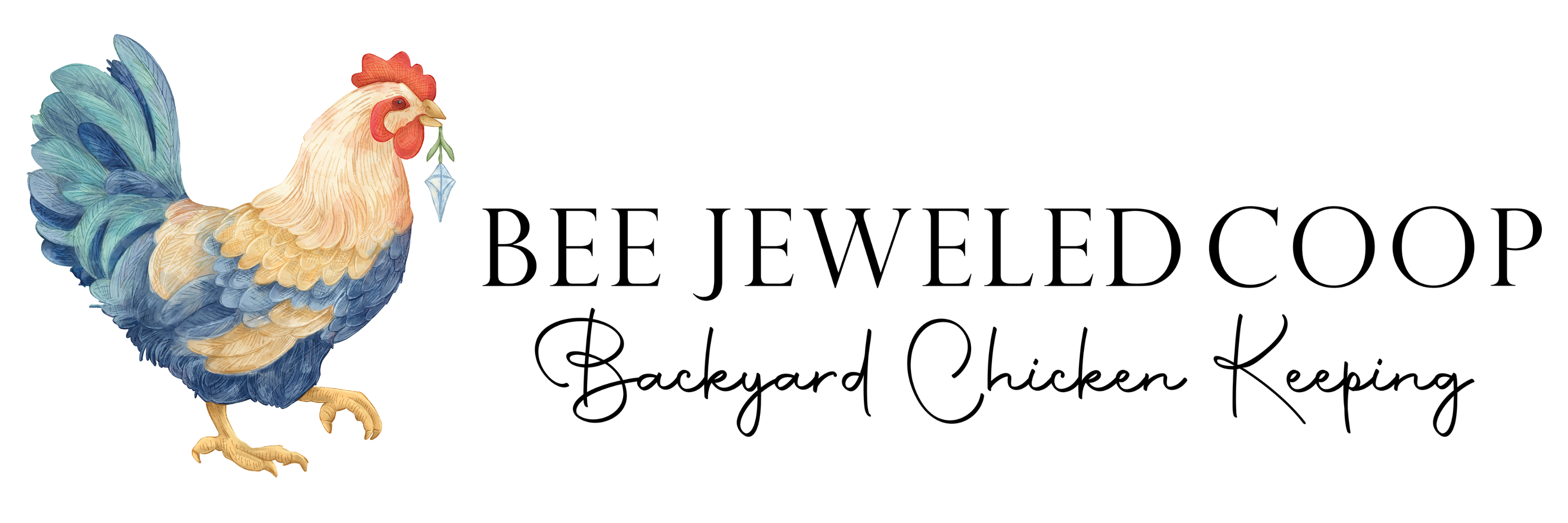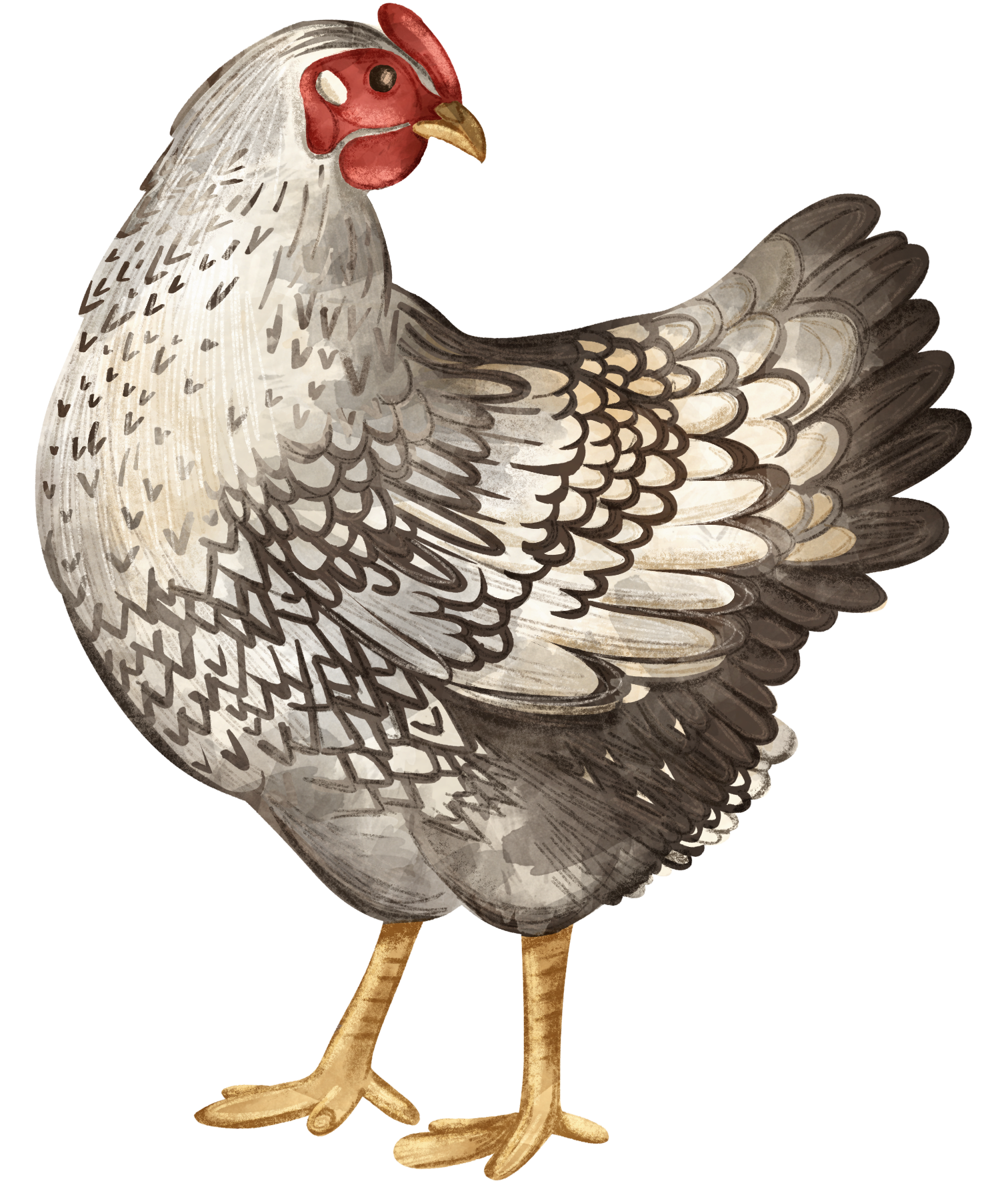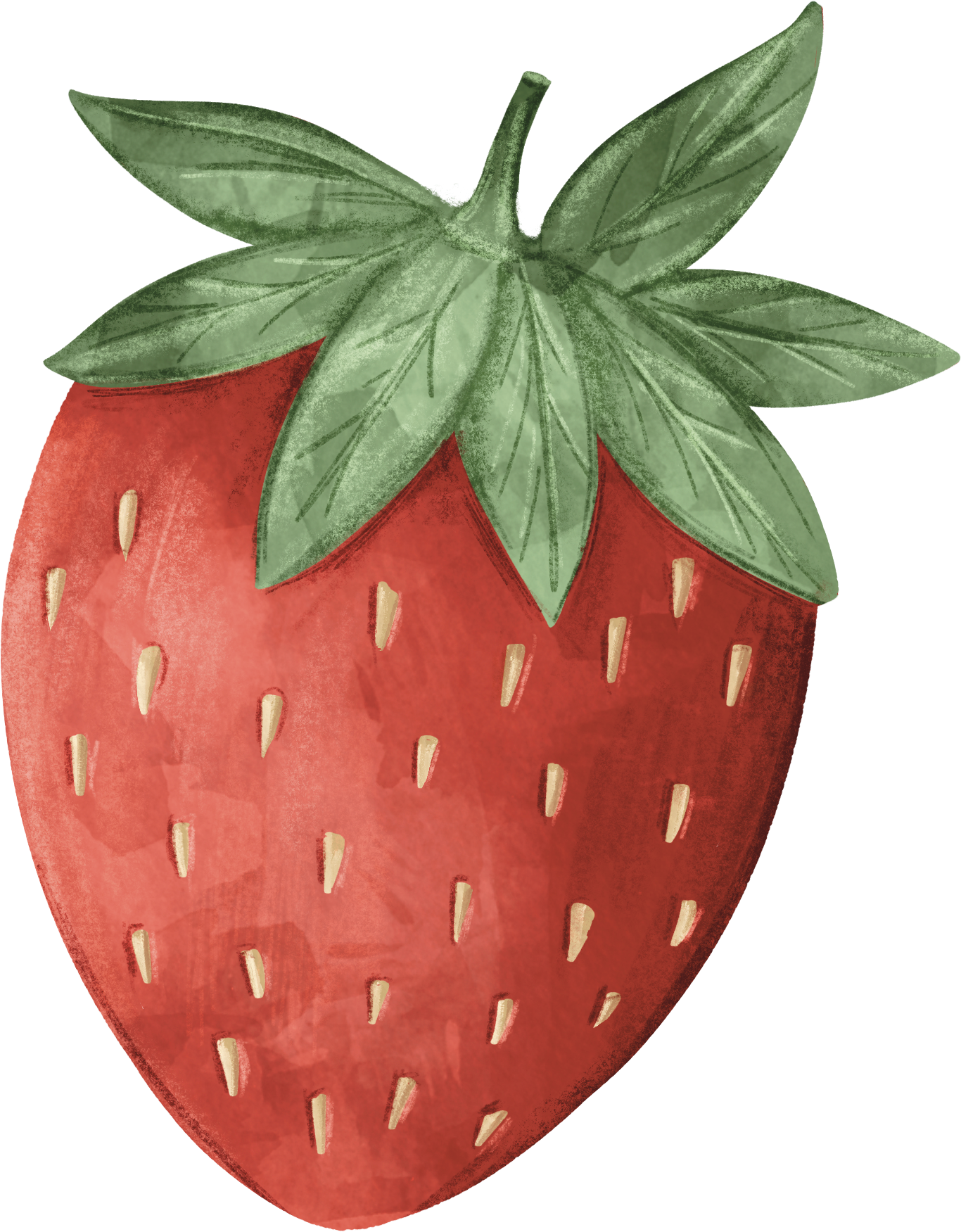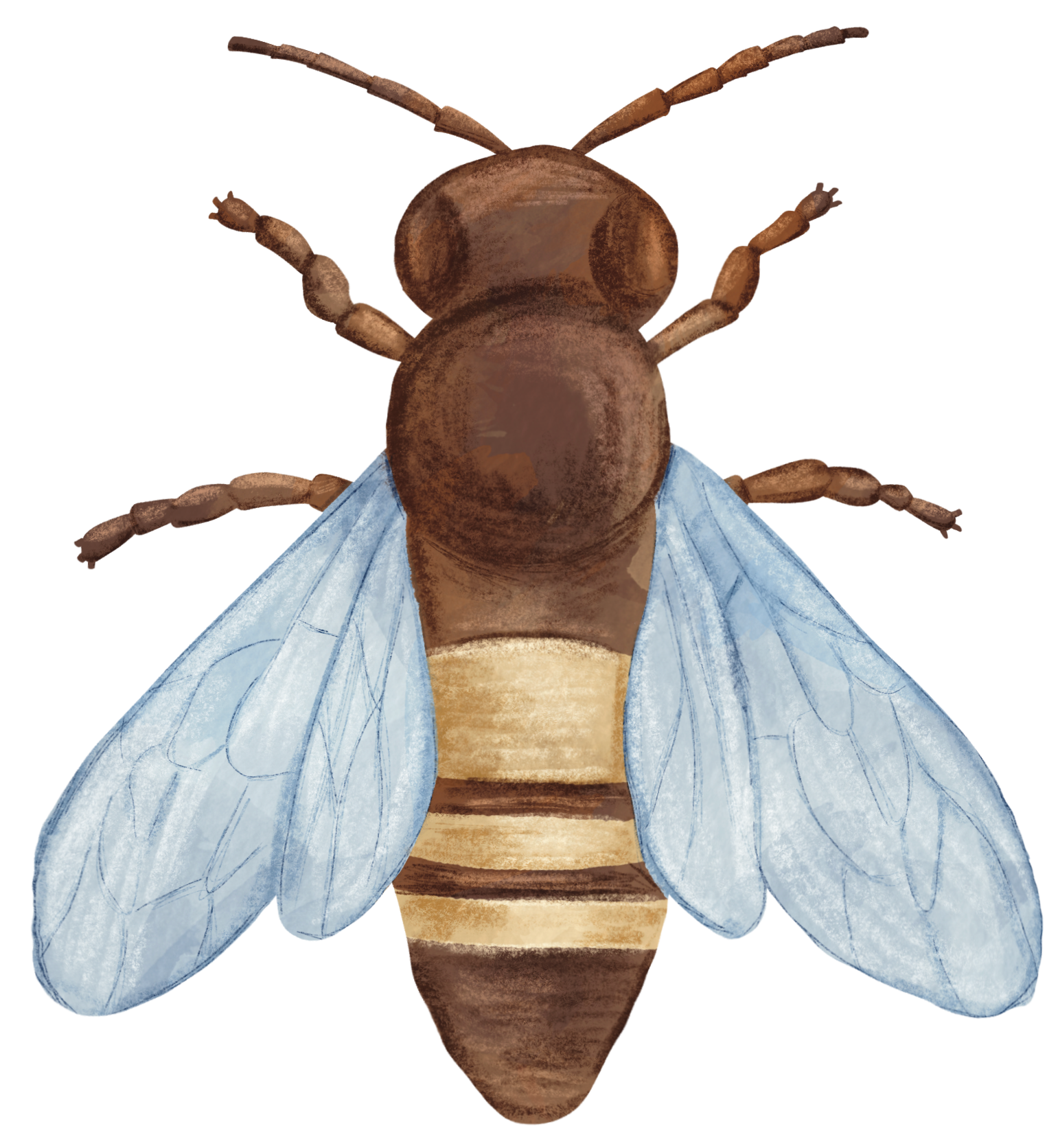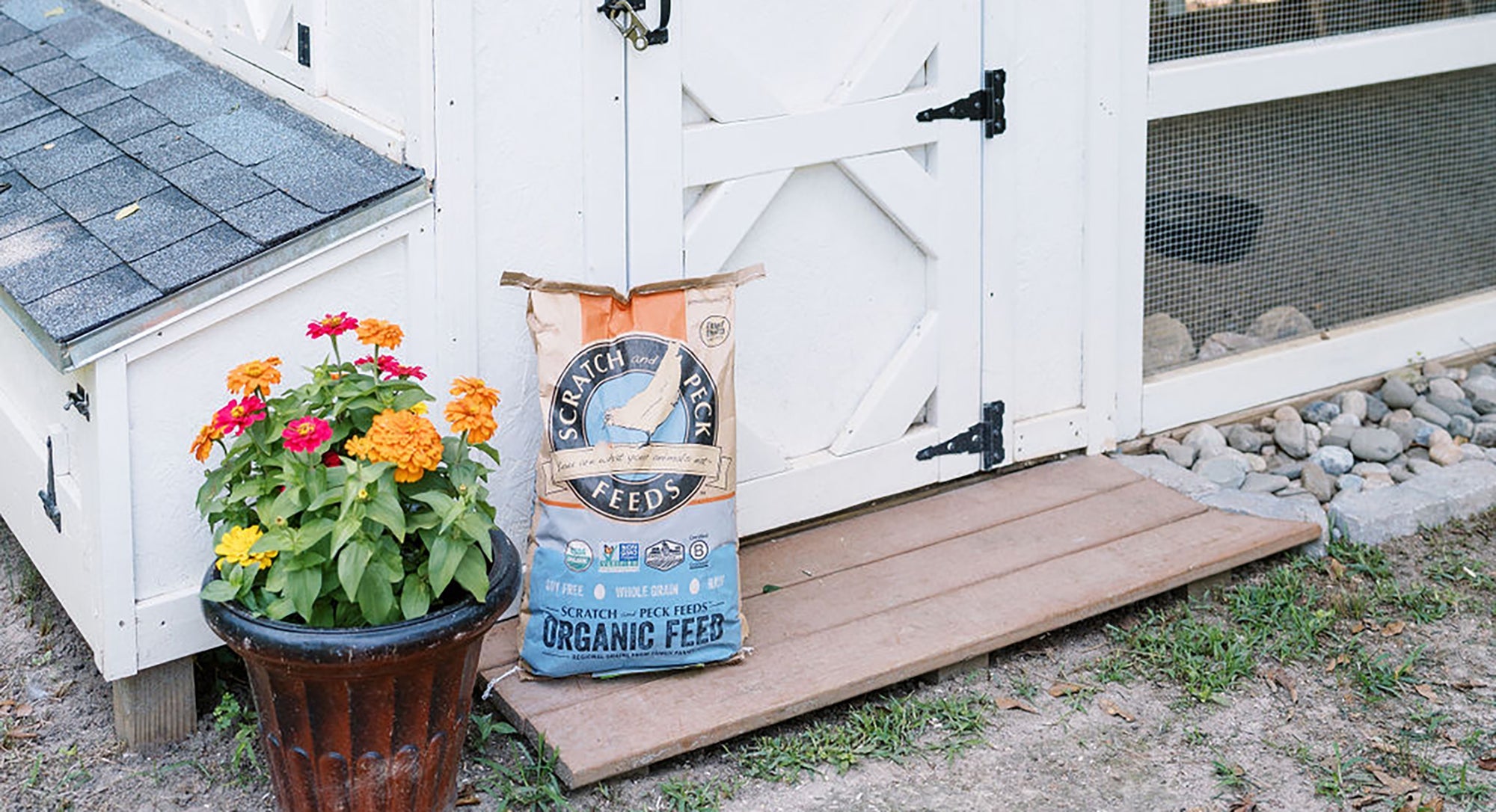
What Kind of Chicken Feed Do Your Chickens Need? Your Guide to Feed Selections for a Happy & Healthy Flock
Disclaimer: Transparency matters! If you visit our recommendations and make a purchase, please know that we may have an affiliate connection with the company. This could mean we earn a commission. Thank you for your support ♥
-- Use code BEEJEWELED15 for 15% off your purchase of our recommended Scratch & Peck Feed products below --
Raising chickens requires a deep understanding of their dietary needs. These needs vary significantly throughout their life stages and depend on the composition of the flock. In this comprehensive guide, we’ll delve into the nuances of chicken feed, emphasizing the importance of quality nutrition at different ages and special considerations for mixed flocks with roosters.
Why Quality Feed Matters
High-quality feed is crucial for your chickens' health, productivity, and overall well-being. It's the foundation of their diet, ensuring they receive the right balance of proteins, carbohydrates, vitamins, and minerals. Good nutrition not only promotes growth and health but also affects egg production quality and quantity. Conversely, low-quality feed can lead to malnutrition, decreased productivity, and health problems.
Understanding Chicken Feed for Different Life Stages
Chickens require different types of feed at various stages of their life. Each stage has unique nutritional requirements that must be met for optimal growth and health.
1. Chicks (hatch to 8 weeks) Starter Feed
Chicks grow rapidly and need a diet rich in protein to support this growth. The right starter feed is crucial during the first few weeks of their lives.
-
Organic Starter Mash: Specifically designed for chicks up to 8 weeks old, this high-protein feed supports their rapid growth and development. It’s crucial for building strong muscles, bones, and feathers.
-
Starter Mash Bundle: I love this bundle because it provides a nutritious start for baby chicks, ensuring they get all the essential nutrients for optimal growth and development.
2. Adolescent Chickens (8 to 20 weeks) Grower Feed
As chickens transition from chicks to adults, their dietary needs change. They require a balanced diet that supports continued growth but with a slightly lower protein content compared to starter feeds.
- Organic Grower Mash: Ideal for chickens from 8 to about 20 weeks of age, this feed contains the necessary nutrients for continued growth without the excessive protein that can be harmful at this stage.
3. Hen-Only Flock (Egg-Laying 20+ weeks) Layer Feed
(skip if you have a rooster in your flock)
 Once hens start laying eggs, their nutritional needs shift. They require more calcium for strong eggshells and a different nutrient balance for optimal egg production.
Once hens start laying eggs, their nutritional needs shift. They require more calcium for strong eggshells and a different nutrient balance for optimal egg production.-
Organic Layer Mash 18% and Organic Layer Mash 16%: These feeds are formulated for egg-laying hens, containing the right balance of nutrients, including increased levels of calcium for strong eggshells.
-
The percentage in the above feeds is related to the amount of protein. We feed 18% during molting season (when chickens lose their feathers and require extra protein to grow new ones) and throughout the winter. 16% protein is reserved for free range chickens and/or summer months.
-
Oyster Shell: layer feed has the calcium needed for egg production already in the feed but, it's always a good idea to offer a calcium supplement on the side. Hens will freely take what they need, when they need it.
4. Flocks with Roosters: Grower Mash + Calcium Supplements for Laying Hens
Managing a mixed flock with both hens and roosters requires a careful approach to nutrition. Roosters and hens have different dietary needs, particularly concerning calcium intake.
- High-Protein Feed: A diet like Organic Grower Mash is ideal for mixed flocks. It satisfies the roosters' need for a high-protein, low-calcium diet while providing the basic nutritional requirements for hens.
- Oyster Shell: Separately offering a calcium supplement like Oyster Shell allows laying hens to consume the extra calcium they need for egg production without exposing roosters to excessive calcium, which can be detrimental to their health.
Specialty Mixes: Enhancing Chicken Diets
Apart from the main feeds, specialty mixes play an important role in a chicken's diet. These include treats and supplements that provide mental stimulation and encourage natural foraging behavior.
Scratch and Peck Mixes as Treats
- Organic Scratch Corn and Organic 3-Grain Scratch: These mixes are not complete feeds but are perfect for occasional treats. They provide entertainment and supplemental nutrition, encouraging chickens to exhibit natural foraging behaviors.
The Role of Treats in Chicken Diets
Treats are a vital component of a chicken's diet. Not only do they provide additional nutrients, but they also offer mental stimulation and enhance the chickens' quality of life. Treats like mealworms, fruits, and vegetables can be given in moderation to supplement their regular diet.
Understanding Nutritional Balance
A balanced diet for chickens involves more than just picking the right feed. It includes understanding the proportions of protein, fats, carbohydrates, vitamins, and minerals required at each life stage.
Protein: Essential for Growth
Protein is crucial for growth, feather production, and overall health. Starter feeds are high in protein to support rapid growth in chicks, while layer feeds are formulated to provide the protein levels necessary for egg production.
Carbohydrates: Energy Source
Carbohydrates are a primary energy source for chickens. Grains and corn provide the necessary carbohydrates in their diet. However, it's essential to balance carbohydrate intake with other nutrients to prevent obesity.
Fats: Concentrated Energy
Fats are a concentrated source of energy and are important for the absorption of fat-soluble vitamins. They should be included in the diet in moderation.
Vitamins and Minerals: Overall Health
Vitamins and minerals are crucial for various bodily functions, including bone development, immune system function, and reproduction. A deficiency or excess of certain vitamins and minerals can lead to health issues.
Supplementing with Grit
Grit is essentially small pebbles of rock that aids in digestion by grinding down the food in the gizzard. It is an essential supplement for chickens, especially those that do not have access to natural foraging.
We use sand in our run which doubles as grit! If you do not use sand as a substrate in your chicken's living areas and they do not free range daily, you will need to supplement their diet with grit. Check the Scratch & Peck website for grit options here.
Water: The Overlooked Nutrient
Water is often overlooked but is an essential nutrient. Chickens need constant access to clean, fresh water to stay healthy. Their water intake affects their overall health and, in laying hens, egg production.
Feeding Strategies for Optimal Health
Feeding chickens involves more than providing the right type of feed. It includes managing feeding times, quantities, and methods to ensure optimal health and productivity.
Free-Range vs. Confined Feeding
Free-range chickens have access to a natural diet but may still require supplemental feed to ensure they get all necessary nutrients. Confined chickens rely entirely on their provided feed and need a well-balanced diet to compensate for the lack of foraging opportunities.
Measuring Feed Intake
It's important to monitor feed intake to ensure chickens are consuming the right amount of food. Overfeeding can lead to obesity and health issues, while underfeeding can result in malnutrition.
Managing Feeders and Waterers
Proper management of feeders and waterers is crucial. They should be kept clean to prevent the spread of disease and placed in a way that prevents waste and contamination.
Providing the right nutrition for your chickens is a key factor in their health and productivity. Understanding their dietary needs at different life stages, along with the special requirements of mixed flocks, is essential. By choosing the appropriate feed and supplements, and employing effective feeding strategies, you can ensure a happy, healthy, and productive flock.
For more insights on chicken care and coop management, visit our Bee Jeweled Coop Blog.
